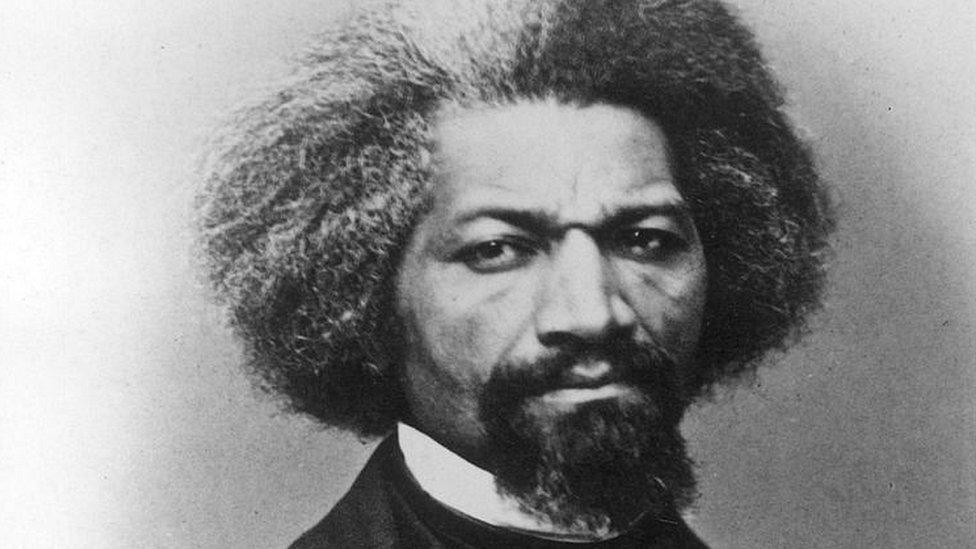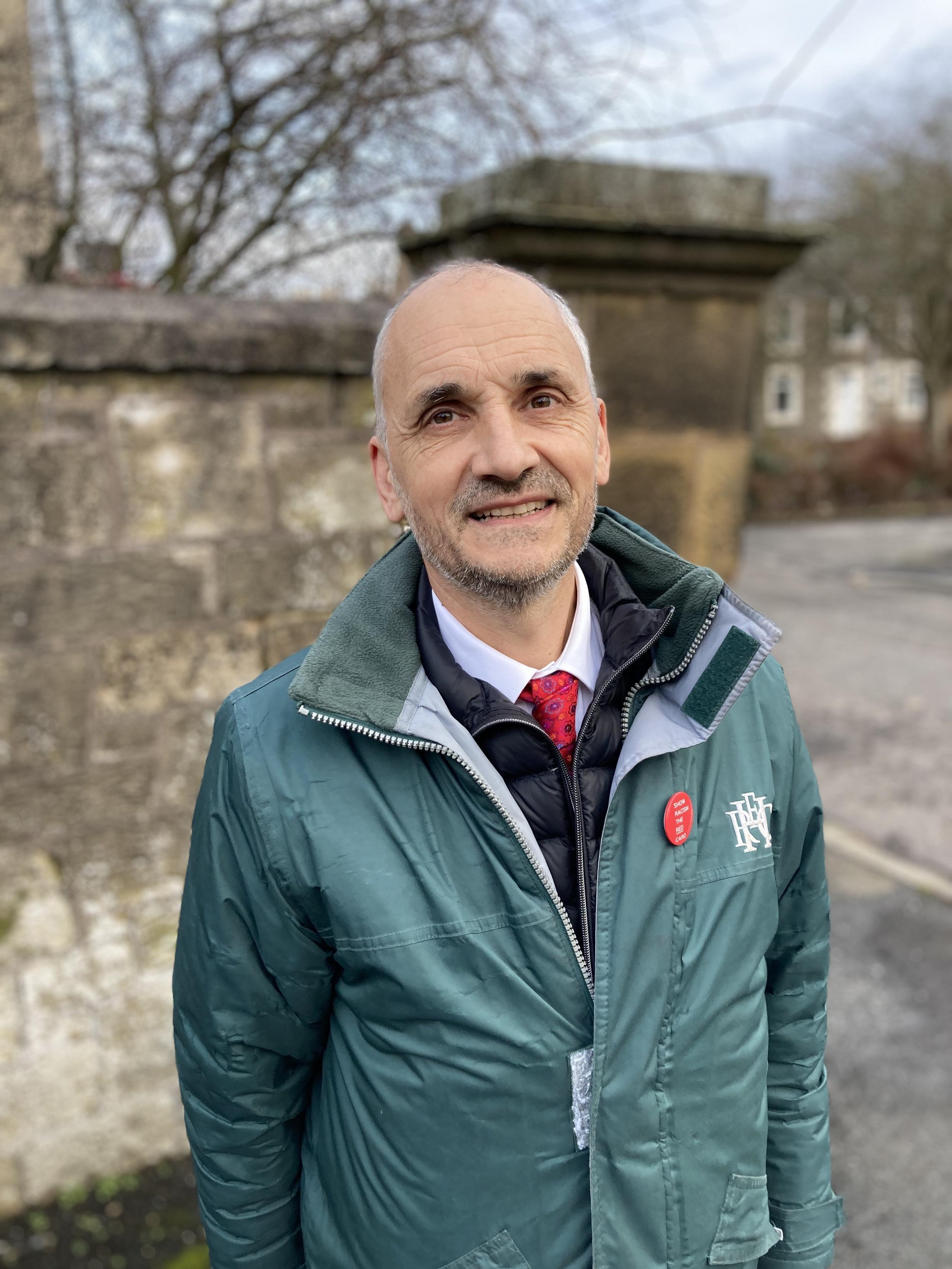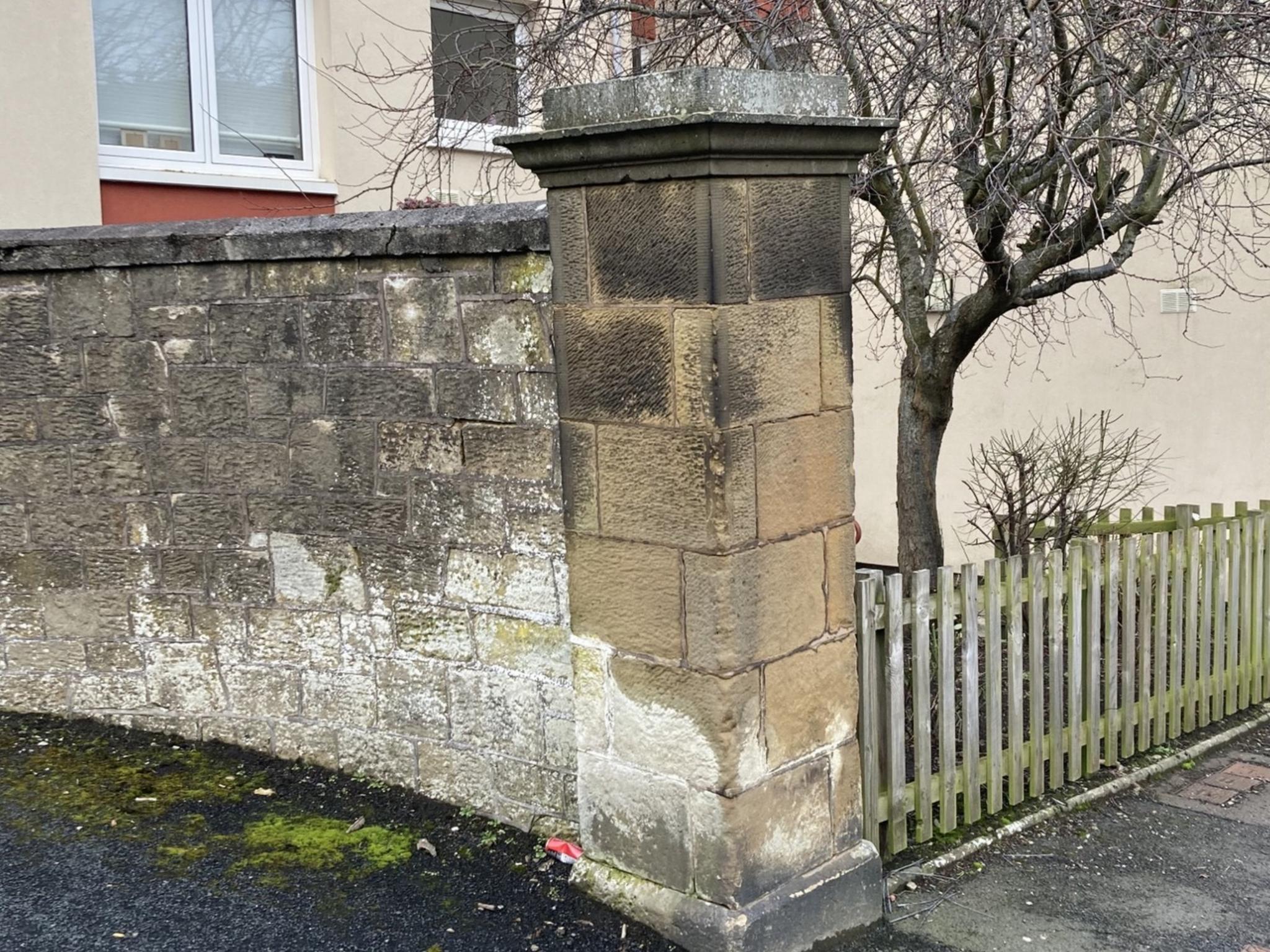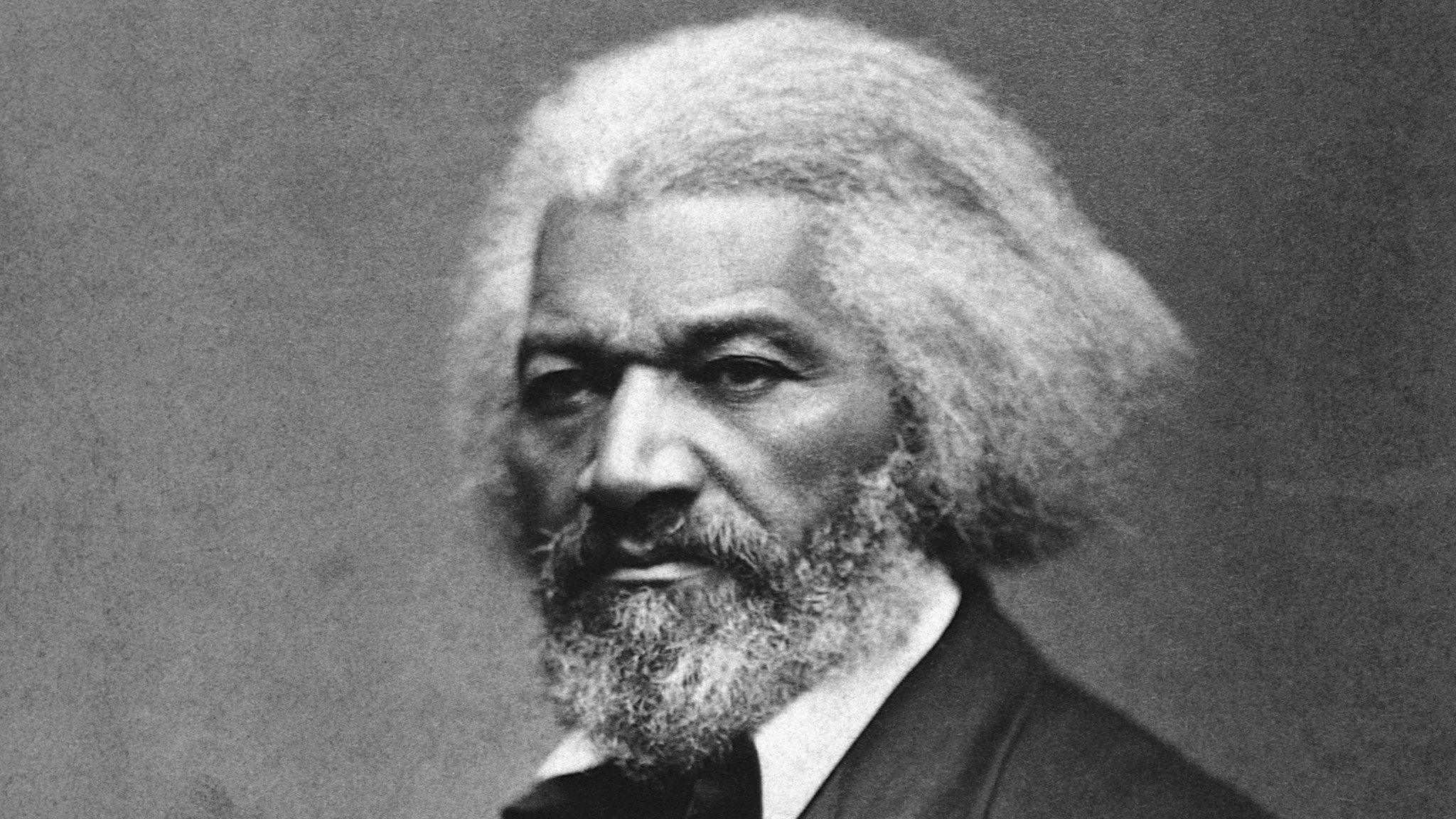Historic anti-slavery rally remembered in Hawick
- Published

Frederick Douglass gave a series of anti-slavery speeches around the country
An abolitionist who rose from slavery to the highest levels of American society is to be remembered in the Scottish Borders.
Frederick Douglass is regarded as one of the most influential African Americans of the 19th Century.
He delivered an anti-slavery speech in Hawick's West End Chapel in 1846.
A plaque will be unveiled to mark the event in a ceremony attended by community leaders and the US Consul General, Jack Hillmeyer.
Hawick lawyer Rory Bannerman is part of the organising group.
He said: "Frederick Douglass came to Britain and Ireland to make sure people knew of the horrors involved with slavery.
"He spoke with a fire and passion that made people listen.
"And those people who listened would ensure that change would eventually come - and slavery would be a thing of the past."

Rory Bannerman is part of the organising committee
Although Douglass was born into slavery in 1818, he was briefly educated to read and write by the wife of his "owner".
By the age of 20 he had escaped, changed his name from Frederick Bailey, and became involved in the abolitionist movement.
His autobiography - Narrative of the Life of Frederick Douglass, an American Slave - was published in 1845.
While other escaped slaves had toured Europe to rally support for the abolitionist movement, the success of Douglass' book gave him a much higher profile.
For two years he addressed packed halls across every area of Britain and Ireland.
For almost all of 1846 Douglass toured Scotland to share his story and the stories of others who were enduring slavery across the Atlantic.
His final speaking engagement in Scotland was a rally in Hawick on 2 November.
It proved controversial, with officials at the original venue - the Relief Chapel - making a last-minute decision not to grant permission for the meeting to go ahead.

The plaque will be placed on the gatepost at the site of the West End Chapel
The elders and managers at the nearby West End Chapel stepped in to host Douglass and the other abolitionist speakers.
Mr Bannerman added: "Being denied venues seems to have been a common thread throughout his tour.
"Thankfully an alternative venue was quickly found in Hawick at the West End Chapel and the support for anti-slavery quickly grew."
During his tour Douglass was bought out of slavery by supporters, and he returned to the US a free man the year after speaking in Scotland.
He would go on to publish abolitionist newspapers, use his home as part of the Underground Railroad for fleeing slaves, and become a recruiter for the all-black Massachusetts 54 regiment to fight in the Civil War.
Douglass met President Abraham Lincoln several times at the White House, and would go on to become the first black US Marshall in 1877.
It is widely claimed that Frederick Douglass was the most photographed man of the 19th Century.
And today buildings, bridges, streets and an airport are named after him in the United States.
On 14 February - the day Douglass chose to celebrate his birthday, as he never knew the actual date - his final address in Scotland will be remembered with a small ceremony in Hawick.
Mr Bannerman added: "We are honoured to have had someone of Frederick Douglass' stature come to Hawick.
"We want to memorialise that he was here, with a plaque that will feature his image, his words and his legacy."
Related topics
- Published24 May 2021
